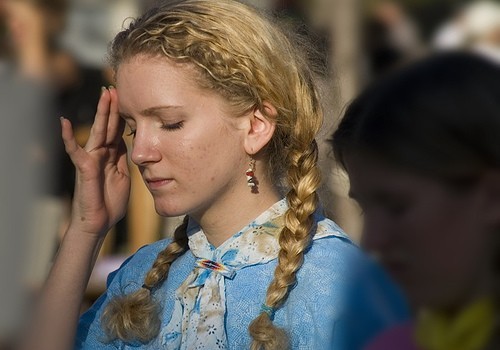
Headaches And Menopause
Headaches are one of the most common symptoms of menopause. The headaches can start years before menopause – during perimenopause. The hormonal changes in a woman’s body cause the headaches. Some of the headaches can be bad enough to be classified as migraines and leave the woman stuck in bed for 4 hours to 3 days. Often doctors will recommend a prescription for the severe headaches. Some doctors recommend low doses of hormones (HRT) hormone replacement treatment. HRT not only helps with the headaches but also is also beneficial to the other symptoms of menopause. Hormone Replacement Therapy is one option. For some women it is not the best option. There has been several side effects documented and even an increase risk in certain diseases. This is something you will need to talk to your doctor about and see if the good outweigh the bad!
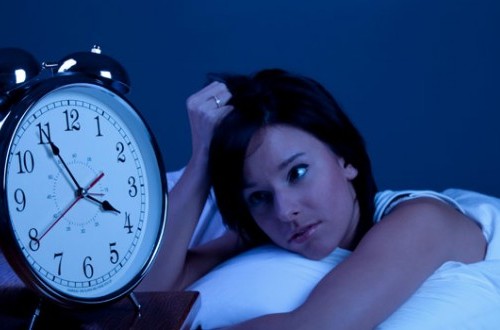
Insomnia And Sleeping Problems
Another common symptom of menopause is sleep problems and insomnia. It can be very frustrating to wake up several times a night, or not be able to fall asleep at all. There are a few things you can do to try and prevent sleep problems and insomnia during menopause. - Don’t read or watch TV in bed. The bedroom should be associated with sleep. - Avoid over the counter and prescription sleeping pills. Natural sleep aids such as melatonin (which is harmless and your body produces it naturally) may help with your sleep problems. - Make sure your bedroom is a comfortable temperature. - Get plenty of exercise everyday but do not exercise or become over stimulated three hours before bed. - Try drinking a glass of warm milk. Milk contains tryptophan, which is made by your brain. - Try relaxation techniques or purchase a sound machine and let the sound of the waves crashing on the shore or the birds of the rain forest lull you to sleep. - Do not nap during the day. - Try to go to bed every night at the same time and get up every morning at the same time. If these suggestions...
Another common symptom of menopause is sleep problems and insomnia. It can be very frustrating to wake up several times a night, or not be able to fall asleep at all. There are a few things you can do to try and prevent sleep problems and insomnia during menopause. - Don’t read or watch TV in bed. The bedroom should be associated with sleep. - Avoid over the counter and prescription sleeping pills. Natural sleep aids such as melatonin (which is harmless and your body produces it naturally) may help with your sleep problems. - Make sure your bedroom is a comfortable temperature. - Get plenty of exercise everyday but do not exercise or become over stimulated three hours before bed. - Try drinking a glass of warm milk. Milk contains tryptophan, which is made by your brain. - Try relaxation techniques or purchase a sound machine and let the sound of the waves crashing on the shore or the birds of the rain forest lull you to sleep. - Do not nap during the day. - Try to go to bed every night at the same time and get up every morning at the same time. If these suggestions do not work for you consult your doctor and he/she will have more suggestions for you.
- Important notification about information and brand names used in this slideshow!
- Photo courtesy of stlhealthandwellness.com by Google : www.google.com/search?hl=en&site=imghp&tbm=isch&source=hp&biw=1920&bih=979&q=insomnia&oq=insomnia&gs_l=img.3..0l10.1896.3138.0.3359.8.6.0.2.2.0.125.519.5j1.6.0...0.0...1ac.1.9.img.SMaTdlh5pOY#
- www.nhs.uk/Conditions/Menopause/Pages/Symptoms.aspx
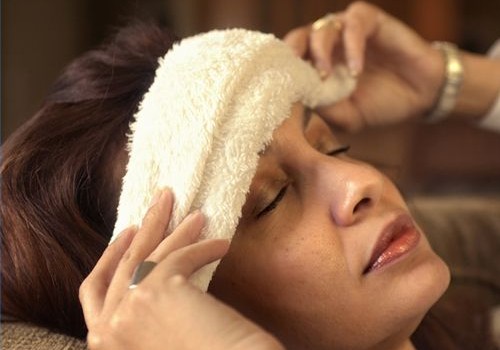
Night Sweats And Hot Flashes
Night sweats and hot flashes are two of the biggest complaints from women going through menopause and they should be! No one likes to wake up in the middle of the night lying in a puddle of sweat. You have to get up clean yourself up, put on fresh pajama, change the sheets and possible even the blanket. This is a pain! Nor does any woman like to be enjoying a family meal and suddenly feel like the inside of her body is on fire in the case of a hot flash. Night sweats are actually a severe hot flash. What happens is during both Perimenopause and menopause the body’s temperature regulator in the brain is out of whack do to the hormonal changes. The brain sends signals to the signals to the blood vessels, which open up causing your heart to pump faster which in return opens the sweat glands. Hot flashes happen while you are awake and the same basic “mixed signals” from the brain cause hot flashes.
- Important notification about information and brand names used in this slideshow!
- Photo courtesy of www.ehow.com by Google : www.google.com/imgres?hl=en&biw=1920&bih=979&tbm=isch&tbnid=055faI9yt361-M:&imgrefurl=www.ehow.com/how_2082026_cope-night-sweats.html&docid=HMK7Y-3vBAhPRM&imgurl=img.ehowcdn.com/article-new/e
- www.nhs.uk/Conditions/Menopause/Pages/Symptoms.aspx
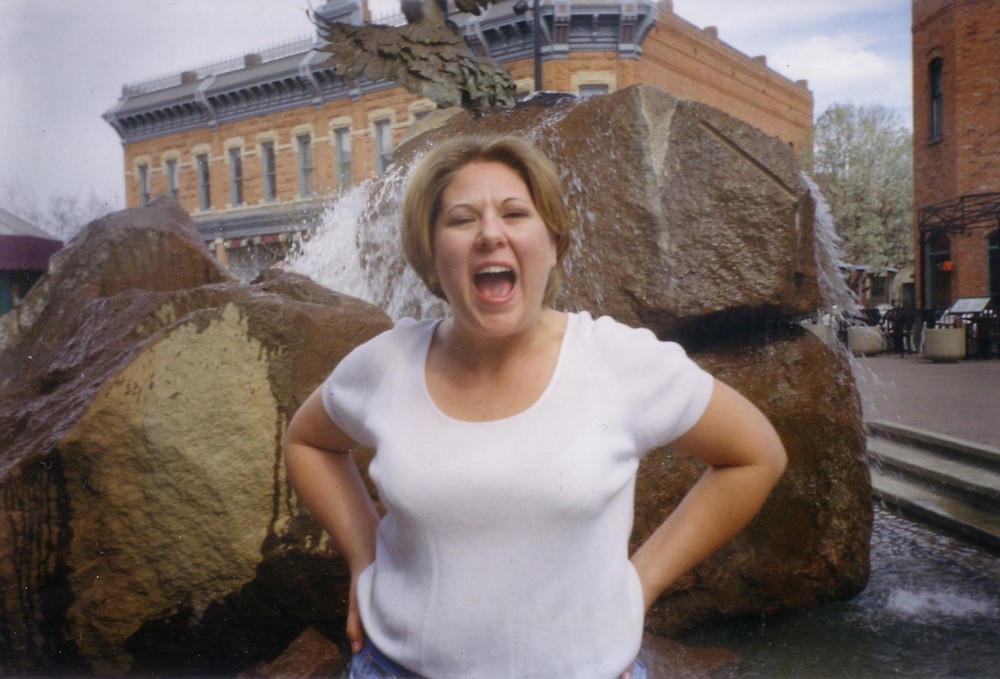
Mood Changes & Menopause
If there is one thing, you can expect during menopause it is changes in your mood or mood swings. The mood swings usually start in perimenopause and gradually get worse with menopause. It is more common than you might think for a menopausal woman to experience anxiety, depression and aggression all at the same time! The decrease in estrogen is also responsible for this symptom. Many menopausal women say the mood changes are similar to ones they experienced during pregnancy. One minute they are happy as can be. The next minute they are crying uncontrollable and then comes the aggression - look out because something is about to be smashed into a thousand pieces or someone is going to get a fat lip! Now, also much like pregnancy, roll all three of those emotions and a toss in a couple more and you have a woman in menopause! Anti-depressants, anti-anxiety medications and mild sedatives can be used to help the woman through the horrific mood swings.

Dry Skin & Menopause
Most women going through menopause do not realize that dry skin is also a symptom. The decrease in the hormone estrogen is also responsible for your dry skin. Estrogen is responsible for more than women realize. When your skin is, concerned estrogen is responsible for stimulating the oils and collagen that make you skin soft and smooth. When estrogen starts to decrease it causes your body’s natural oil production to slow down and the skins ability to maintain its natural moisture is also effected. This results in dry, itchy and flaky skin. To help your skin feel smooth again use a high-quality moisturizer daily. Turn the hot water dial down in the shower or tub – hot water dries your skin out even more and sucks up what natural moisture you have in your skin. The sun can also dry your skin out during menopause so be sure to use sunscreen when you are going out.
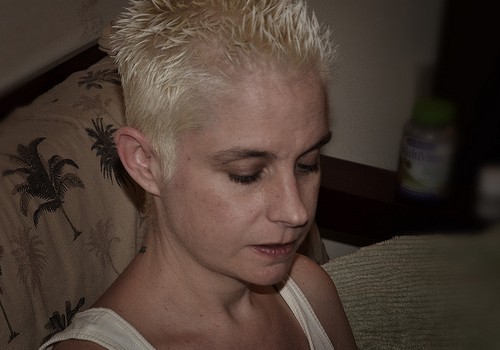
Irregular Periods And The Onset Of Menopause
Irregular periods start in perimenopause. You can skip 3 or 4 months and then suddenly have your menstrual cycle over 2 weeks for 3 or 4 months. This is very common and one of the first indicators that menopause is on its way. Some women are relieved to finally start menopause – no more cramps, periods, PMS etc… While some women see menopause as an ending to a chapter of their lives that they are not ready to let go of. This happens a lot in cases of premature menopause but it is also common in women in their 50s and 60s. A woman is not considered to be in menopause until she has gone 12 months without a menstrual cycle. For many women this can be frustrating as if Mother Nature is plating a cruel joke on them. It is not uncommon for a woman to go 10 even 11 months and then in that 12th month have a menstrual cycle. Then the process must start all over again!
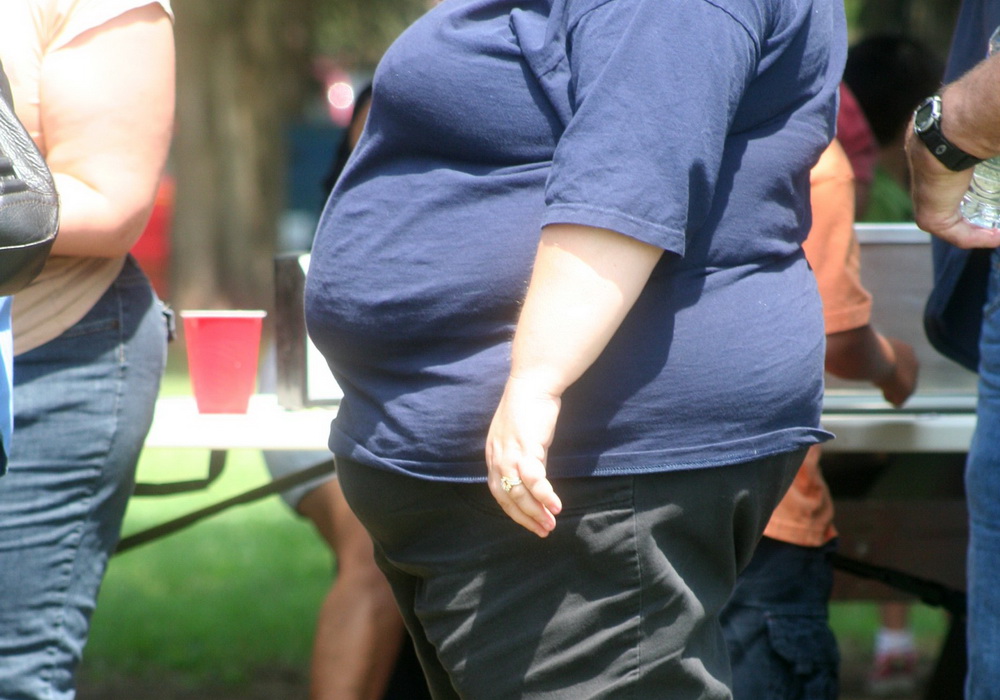
Obesity And Slow Metabolism During Menopause
During perimenopause and menopause, your metabolism slows right down to a crawl. This is because the hormones in your body are not only changing but also decreasing. This makes it harder to maintain your normal weight and to lose weight. If you were obese before perimenopause and menopause, you are likely to have an even harder time losing the extra weight now. However, just because you are in menopause that does not mean you cannot eat healthy foods and start or continue with an exercise routine. Before you do anything, you should consult your doctor. Then if he/she gives the go ahead – the help of a nutritionist and personal trainer can be extremely beneficial!
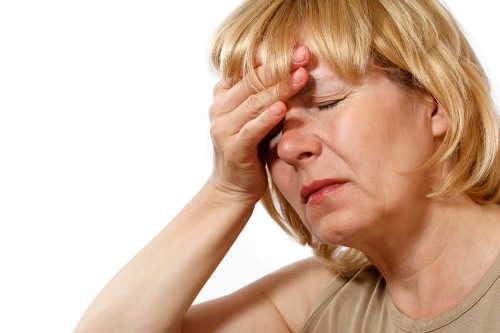
What Is Menopause
Menopause is a normal and natural part of a woman’s life. The word "menopause" is generally used to describe any of the changes a woman experiences either just before or after she stops menstruating, marking the end of her reproductive cycle. Menopause usually starts around age 40 and continues for up to 10 years. Some woman experience what is called premature menopause, which starts before age 40. There are three phases of menopause: Perimenopause – Generally starts several years before menopause, the ovaries gradually produce less estrogen. Perimenopause lasts until menopause starts, at the time when the ovaries stop releasing eggs. In addition, the decrease in estrogen accelerates. At this point, many women start to experience symptoms of menopause. Menopause – Menopause is when a woman has gone an entire year (12 months) with having a menstrual cycle. At this point, the ovaries have stopped releasing eggs and producing most of the estrogen. Menopause symptoms are usually in full swing by this time. Post Menopause - These are the years after menopause. During this stage, menopausal symptoms, such as hot flashes, night sweats, mood swings, and all the other unpleasant symptoms start to ease for most women.
- Important notification about information and brand names used in this slideshow!
- Photo courtesy of thespecific by photobucket : media.photobucket.com/user/thespecific/media/July%20Events/Menopause_2.jpg.html?filters[term]=menopause&filters[primary]=images&sort=1&o=48
- www.southerncross.co.nz/AboutTheGroup/HealthResources/MedicalLibrary/tabid/178/vw/1/ItemID/142/Menopause-signs-symptoms-diagnosis-treatment.aspx
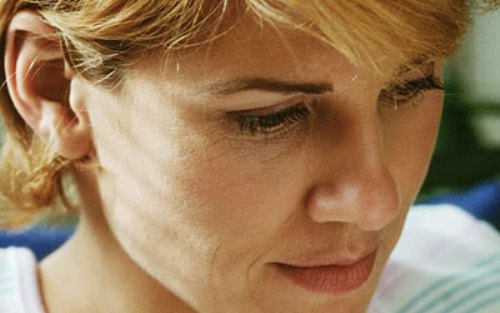
Why Does Early Menopause (Premature Menopause) Occur?
Premature menopause also called early menopause can be the result of a number of things. First, the age at when a woman started her menstrual cycle should be taken into consideration – The typical amount of reproductive years for a woman is about 35 that is if she starts her menstrual cycle at the average age, which is 12. Then you have to subtract 8 years (most women do not have a baby until they are at least 20 years old.) If a girl started her menstrual cycle at the age of eight (yes, it does happen) you would subtract 12 years and that would leave you with biological clock that would start to expire at about age 36! Other factors in premature menopause can include autoimmune disorders, medical and or surgical procedures, genetics, ovarian failure, (the ovaries stop producing eggs for an unknown reason), and induced menopause (the ovaries are removed for any number of reason.)
- Important notification about information and brand names used in this slideshow!
- Photo courtesy of feminestra by photobucket : media.photobucket.com/user/feminestra/media/woman-early-menopause.jpg.html?filters[term]=menopause&filters[primary]=images&sort=1&o=117
- www.southerncross.co.nz/AboutTheGroup/HealthResources/MedicalLibrary/tabid/178/vw/1/ItemID/142/Menopause-signs-symptoms-diagnosis-treatment.aspx

Loss Of Sexual Desire
Loss of sexual desire or sex drive, low libido whatever you want to call it is common during menopause. The hormones that create the desire to want to have sex are decreasing at a rapid rate. It is discouraging and may even make you feel like you are losing a part of yourself. However, there are plenty of ways including natural therapies and hormone replacement options to help you want to get back in the sack!
- Important notification about information and brand names used in this slideshow!
- Photo courtesy of quickweightlossdiary.com by Google : https://www.google.com/search?hl=en&site=imghp&tbm=isch&source=hp&biw=1920&bih=979&q=menopause&oq=menopause&gs_l=img.3..0l10.2284.4981.0.5624.9.7.0.2.2.0.119.576.5j2.7.0...0.0...1ac.1.9.img.9yvlxEHX
- www.southerncross.co.nz/AboutTheGroup/HealthResources/MedicalLibrary/tabid/178/vw/1/ItemID/142/Menopause-signs-symptoms-diagnosis-treatment.aspx



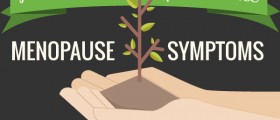







_f_280x120.jpg)



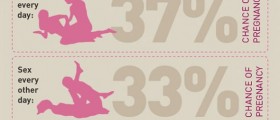

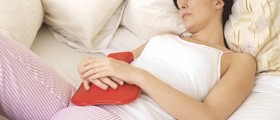






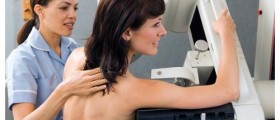

Your thoughts on this
Loading...